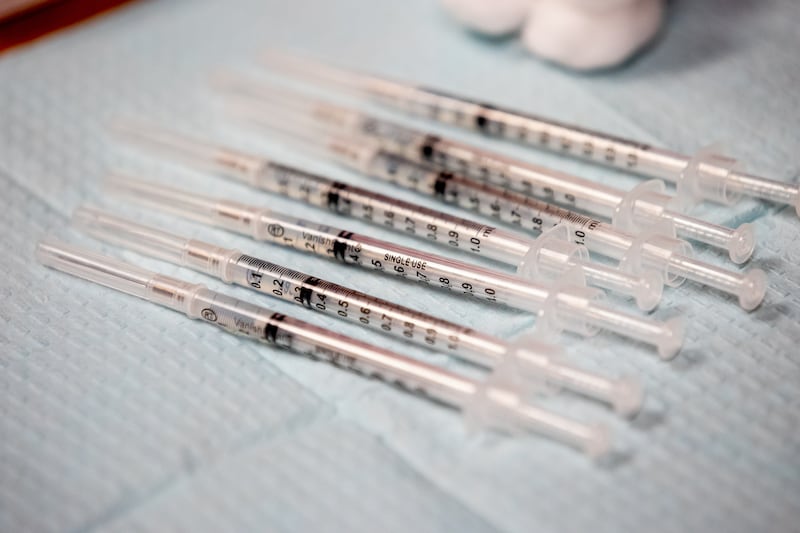You’re fully vaccinated, but the delta variant is swarming across the country. So when should you get tested for COVID-19?
Do fully vaccinated people need COVID-19 tests?
The Centers for Disease Control and Prevention said in May that fully vaccinated people who are exposed to COVID-19 and asymptomatic do not need to get a coronavirus test since their risk is so low.
- Fully vaccinated people do not need to quarantine, either, according to the CDC.
However, there are exceptions, including those who work in health care settings, jails and prisons, or a homeless shelters, where there are a significant amount of people in one location.
- “If an asymptomatic fully vaccinated person has a known or suspected exposure to COVID-19 but doesn’t get tested, they should still watch for symptoms in the two weeks after,” according to CNN.
When should you get tested for COVID-19 if you’re fully vaccinated?
Basically, you should get a COVID-19 test whenever you’re experiencing symptoms, according to experts.
Dr. Ronan Glynn, the deputy chief medical officer in Ireland, recently told The Irish Times that it’s better not to wait for a test if you have symptoms.
- “Anyone with sore throat, headache, runny nose, blocked nose or sinus should not assume it’s a regular cold. Don’t assume it is hay fever or seasonal. If it’s any way unusual for you, please isolate and get a test,” Glynn said.
Dr. Eddie Stenehjem, an infectious diseases physician with Intermountain Healthcare, recently told the Deseret News that anyone with symptoms should get tested as soon as they can.
- “COVID-19 is an upper respiratory infection, period. So if you have the signs and symptoms of a cold, that could be COVID-19,” Stenehjem said. “It is possible that we’re seeing kind of an evolution of symptoms due to the changing variant. But it’s also possible we’re just seeing a difference in symptoms based on age.”
Dr. Leana Wen, a visiting professor of health policy and management at the George Washington University Milken Institute School of Public Health, told CNN that there are situations where you’ll want to get tested for the coronavirus even if you’re fully vaccinated.
- “The CDC guidance, at the moment, lacks nuance — as in, there is a difference between if you have a passing interaction with a colleague at work who then turns out to have COVID versus if you are living at home and caring for somebody who has COVID. That’s just very different,” Wen said. “Even if people are not symptomatic but they have prolonged, close contact with somebody, it is prudent for them to quarantine and be tested, too.”
Delta variant COVID-19 symptoms to watch for
So if you’re looking out for symptoms, there’s a range of COVID-19 symptoms out there that can tell you if it’s time for a coronavirus test. The ZOE COVID Symptom study — which has taken data from the fully vaccinated people who have been infected with COVID-19 — found the following symptoms are the most common, especially as the delta variant is spreading:
- Headaches
- Runny nose
- Sneezing
- Sore throat
- Loss of smell
Of course, these symptoms are merely the top five. Researchers have suggested that all COVID-19 symptoms — you can read about all 21 COVID-19 symptoms here — should be considered when considering a COVID-19 test.


